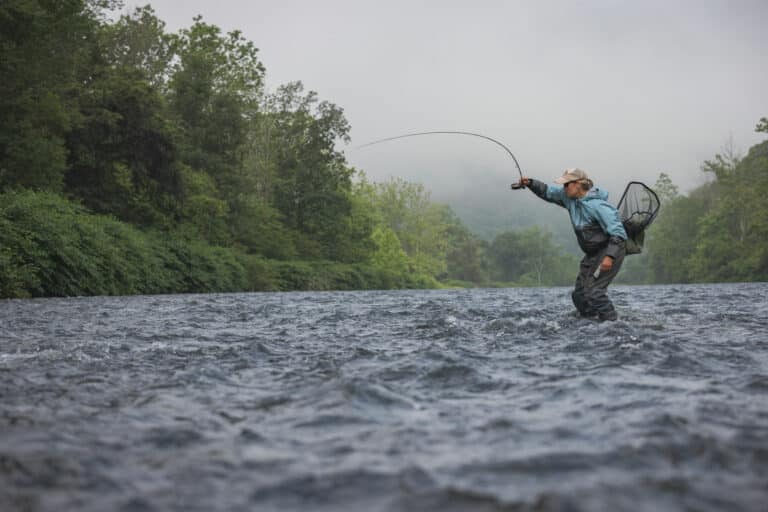Endangered woodpecker receives emergency help in Georgia
The endangered red-cockaded woodpecker has long taken refuge at Silver Lake Wildlife Management Area in Decatur County, GA. But when Hurricane Michael hit last October, the 116 mph winds took out almost half of Silver Lake’s 272 trees that housed red-cockaded woodpecker nests.
The storm also left behind enough downed trees and tree limbs to threaten the Georgia Department of Natural Resources’ ability to conduct prescribed fires, which help restore the bird’s habitats.
To mitigate the loss of nest cavities that are vital to the survival of the woodpeckers, the National Fish and Wildlife Foundation has stepped up with a $100,000 grant, funded by Southern Company and International Paper. The recovery effort will also benefit other wildlife. Red-cockaded woodpeckers are a keystone species, providing habitat for other animals such as bobwhite quail, gopher tortoises and Bachman’s sparrows.
First step toward new natural area in NC’s McDowell County complete
The Foothills Conservancy of North Carolina and North Carolina State Parks has completed the first land purchase of 1,500 acres for the new Bobs Creek State Natural Area. The new natural area is located about three miles from the town of Marion, NC and will eventually be open for hiking and other recreation uses.
Bobs Creek State Natural Area contains forested lands of acidic cove, oak-hickory, and chestnut oak forests, as well as several rare plant species. The acquisition also protects over 13 miles of stream buffer along Bobs Creek and its tributaries. State natural areas are less developed than state parks and do not include campgrounds, visitor centers or picnic areas. State natural areas do allow from low-impact public uses, such as hiking and scientific research.
Virginia moves ahead with coal ash cleanups as North Carolina lags behind
This week, Virginia announced a bipartisan agreement requiring Dominion Energy to excavate all coal ash from unlined waterfront lagoons in the state. The agreement requires the removal of 28 million tons of coal ash from unlined coal ash lagoons. The coal ash will be sent to dry, lined landfills or recycled into cement and concrete.
The announcement comes just weeks before the anniversary of Duke Energy’s coal ash spill into the Dan River. Meanwhile in North Carolina, six unlined coal ash pit sites remain a point of contention. Because of enforcement action taken by citizen groups across the state, Duke Energy is required to excavate all the coal ash from eight of its 14 coal ash sites in the state. But at six sites, the company has persisted in leaving its coal ash in unlined pits by lakes, rivers and drinking water reservoirs.
The North Carolina Department of Environmental Quality has promised to make announcements in April 2019 concerning whether Duke Energy will be required to remove its coal ash from the unlined pits at these sites.








